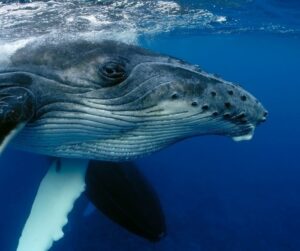
Each year, from May, around 50,000 Humpback Whales migrate from their feeding grounds in the chilly waters of the Antarctic, to warmer waters off Australia’s East and West Coast to birth and mate. The migration can easily be seen from the coast and the acrobatic whales make awesome viewing. So, we decided to create some inspirational humpback migration teaching resources to engage students and to celebrate the arrival of the whales!
 Curriculum Humpback Whale Teaching Resources
Curriculum Humpback Whale Teaching Resources
These image-based humpback whale teaching resources are designed to assist in teaching curriculum themes such as human impact, habitats, adaptation, and classification, using an iconic and topical subject. Resources include downloadable videos, infographics, fact sheets, maps, a migration calendar, presentation, activities and more.
Humpback Whale Topics Covered 
- Humpback Migration Route
- Humpback Habitats
- Humpback Fast Facts
- Adaptations & Anatomy
- Humpback Classification
- Humpback v Toothed Whale & Food Webs
- Humpback Reproduction
- Why We Need Whales – The Whale Pump
- Human Impact
- How to Help Protect Whales
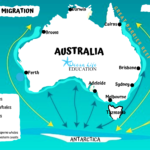 A Sample of our Humpback Whale Teaching Resources
A Sample of our Humpback Whale Teaching Resources
Migration Route Map – detailing how the whales travel up the West & East Coast
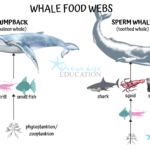
Food Webs – baleen versus toothed whales
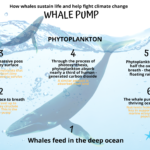 The Whale Pump – how whales help us breath
The Whale Pump – how whales help us breath
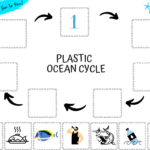 Activity – The Plastic Ocean Cycle
Activity – The Plastic Ocean Cycle
Humpback Whale Videos 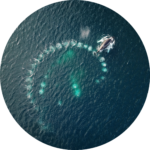
We have used impressive humpback whale videos featuring whales being whales! We put the videos to music that should bring a smile to student’s faces!
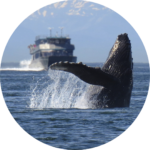 Educating Students to Protect
Educating Students to Protect
We believe that educating students is the best way to inspire them to want to protect the ocean and marine life. The resources pack closes with a section on how students can protect humpback whales.
5 Ways You Can Protect Humpback Whales 
- Educate yourself & your friends
- Whale watch with a responsible company & keep 100 metres away
- Report sick or injured animals
- Reduce plastic usage & do not litter
- Support a whale charity:
Whale & Dolphin Conservation au.whales.org/
Marine Conservation marineconservation.org.au/whaling/
Sea Shepherd seashepherd.org.au/
Humpback & High Rises hhr.org.au/

